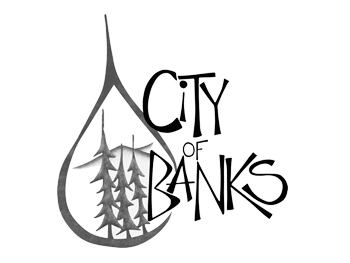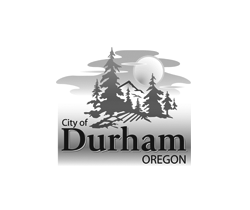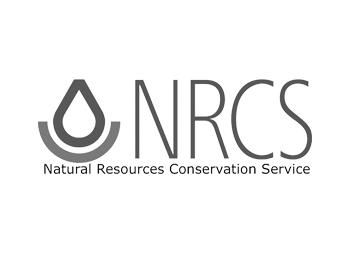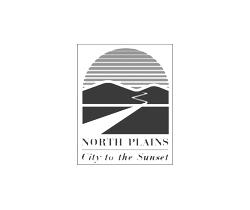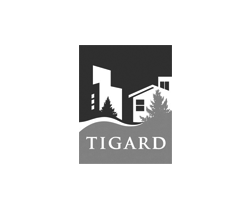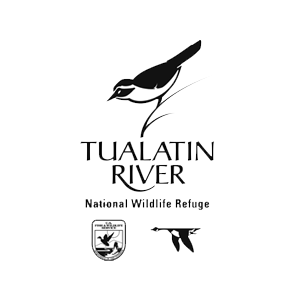The Ribbon of Healthy Creek Grows Longer
Fanno Creek originates in the Tualatin Mountains (Portland’s West Hills) and travels almost 17 urban miles on its way to the Tualatin River. Just after crossing under Highway 217, it enters the Fanno Creek Greenway, a string of connected Tualatin Hills Park & Recreation District properties with trails that draw more than 100,000 visitors a year. Years ago, a portion of the creek between Denney Road and Hall Boulevard was straightened, leading to eroding stream beds and banks. Wildlife habitat and water quality suffered. In addition, a pair of undersized culverts has impaired fish passage and contributed to frequent trail flooding.
The Denney-to-Hall project replaced the culverts with a timber pedestrian bridge, restored curves to the creek’s path and improved plant and animal habitat. Like earlier Tree for All projects on other portions of Fanno Creek, Denney-to-Hall is an exciting opportunity to support a healthy floodplain in an intensely urban environment.
The Site
First planting: Winter 2020-21
Size: 21 acres
Stream length: 3,021 feet
Plant communities: Forested Wetland, Riparian Forest, Scrub Shrub
The Challenge
Like the Ash-to-Main project a few miles downstream, the Denney-to-Hall project will take on the challenge of erosion by “remeandering” the creek so that it follows a more natural path. The project design is shaped by the heavy presence of important water infrastructure, including sanitary sewer lines and a stormwater outfall—as well as a pond and other remnants of a decommissioned sewage treatment facility. Another challenge—and opportunity—involves the somewhat complex nature of the partnership. Most of the project falls within the Fanno Creek Greenway, owned and operated by the Tualatin Hills Park & Recreation District. There is also, however, a small amount of project acreage under private ownership. Metro, the regional government, is making the project possible—including its iconic centerpiece, the new timber bridge—with a Nature in Neighborhoods grant. Clean Water Services is handling the engineering, construction and revegetation.
The Transformation
Together, the project team re-established the natural flow of Fanno Creek in the northern portion of the site, replaced two undersized culverts with a pedestrian bridge, removed the berm surrounding the pond, created depressional floodplain wetlands and placed logs in the stream channel and wetland to improve habitat. Finally, they established native plant communities along the entire Denney-to-Hall reach.
With on-site construction complete, the creek’s winding path now more closely resembles its natural curving route, and the creek’s access to the floodplain has been greatly improved. Results include better plant and wildlife habitat, reduced erosion and a trail crossing that’s less prone to flooding.
Thanks to earlier efforts, invasive vegetation was already largely under control. Revegetation, now underway, will leverage the latest knowledge about how to reduce conflicts between beavers and people. Plants of little interest to beavers, such as spirea, will be planted near the trails, while willow and other food/building materials will be planted in more remote areas, where the beavers are expected to enrich the habitat by building dams. And it appears to be working—already, beaver chews have been spotted upstream.
With the Denney-to-Hall project, the ecologically enhanced portion of Fanno Creek grows by more than half a mile, bringing the Tree for All project total along this urban stream to more than 11 miles. Greenway Park and Englewood Park, home to projects launched more than a decade ago, sit immediately south of Denney-to-Hall, while other current and future Tree for All sites exist both upstream and downstream. Increasingly, hikers and cyclists—as well as fish and birds—are encountering a near-continuous stretch of healthy creek all the way from Highway 217 to the mainstem of the Tualatin River. It’s as if a ribbon of cleaner water and healthier habitat is unfurling in some of the most developed portions of Oregon’s Tualatin River Watershed.
Learn More
Explore a segment of the Fanno Creek Trail, including the Denney-to-Hall portion, from the perspective of Access Recreation, which provides information to benefit hikers with disabilities.
Learn about Metro’s Nature in Neighborhoods grants, which have funded dozens of projects in the region, including Denney-to-Hall.











